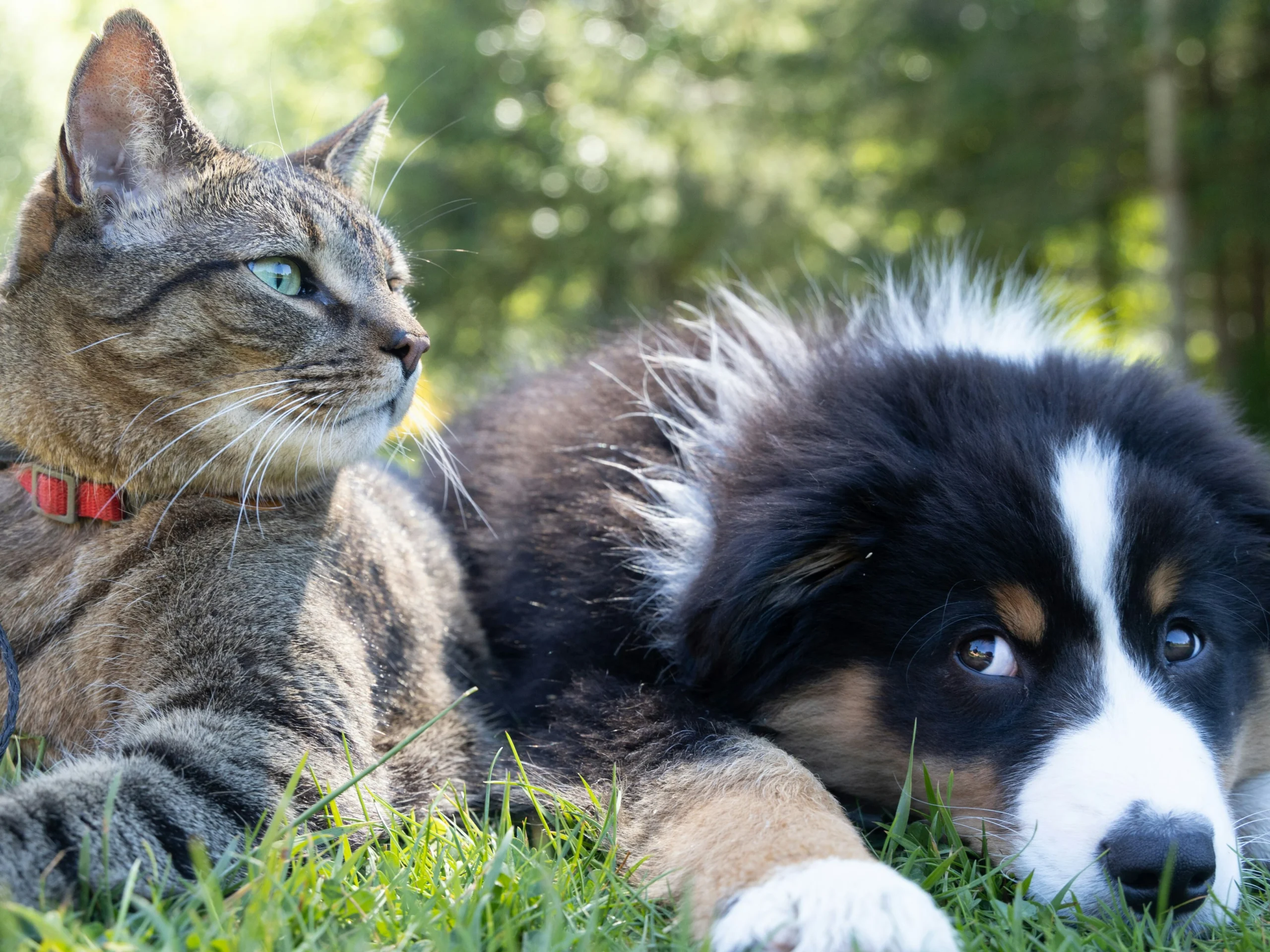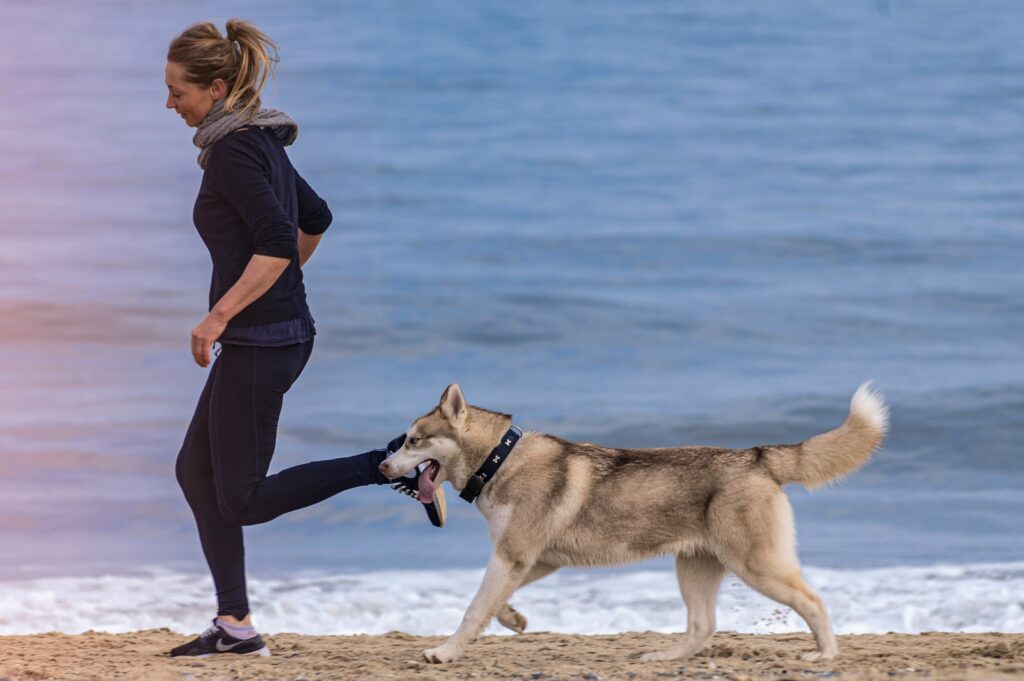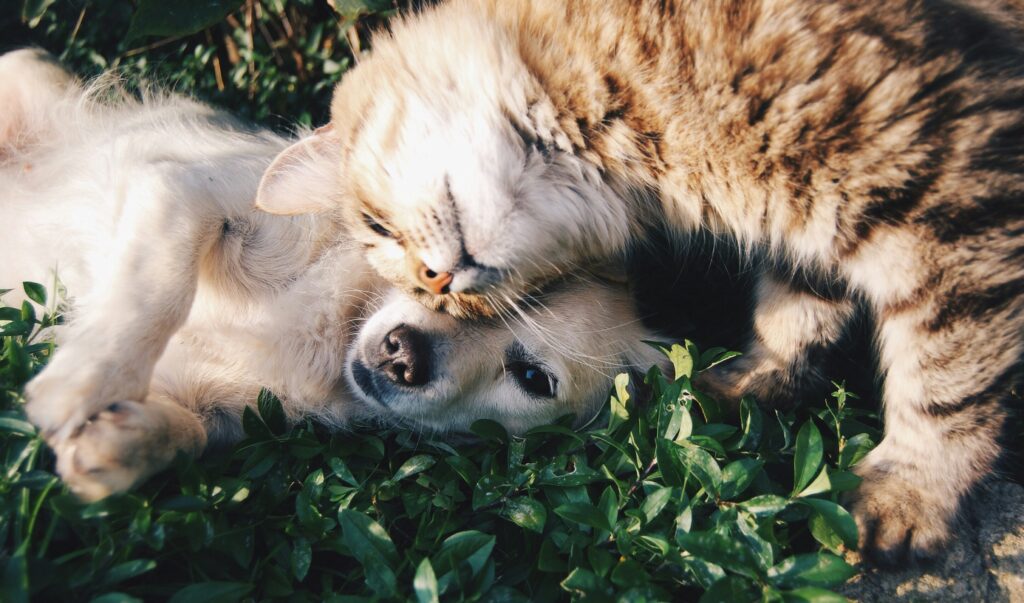Pet Care Made Easy: Key Tips for Pet Health and Well-being

Caring for your pet is one of the most rewarding responsibilities you’ll ever undertake. Whether you’re a new pet owner or have years of experience, providing the best care for your pet is essential for ensuring their happiness and health. But with so much information available, it can be overwhelming to know where to start or how to maintain a routine that works for you and your pet.
Pets are not just animals; they are beloved family members. They offer unconditional love, loyalty, and companionship; in return, they deserve the best care. Pet care isn’t limited to feeding and shelter—it’s a holistic approach that involves nutrition, exercise, grooming, mental stimulation, healthcare, and much more. This comprehensive guide will cover key aspects of pet care, from grooming and nutrition to healthcare and mental enrichment. We aim to provide actionable, easy-to-follow advice to help you become the best pet care parent.
Nutrition: Fuel for Your Pet’s Health
Proper nutrition is at the heart of good pet care. Like us, pets need a balanced diet to stay healthy and active. The right food supports their energy needs and promotes a shiny coat, strong bones, and a healthy digestive system. But with so many food options, choosing the right one for your pet is crucial.
Key Tips for Pet Nutrition:
Choose the Right Food: Select food based on your pet’s age, size, and breed. Puppies, adult dogs, and senior pets have different nutritional requirements. For example, puppies need more protein and fat to support their growth. In contrast, senior pets often need foods with lower calories and higher fiber content to maintain a healthy weight.
Avoid Overfeeding: Pet obesity is a growing problem. It can lead to a variety of health issues, including joint problems, diabetes, and heart disease. Stick to the recommended serving sizes on your pet’s food packaging, and be mindful of treats. Overfeeding out of love is easy, but moderation is key to your pet’s health.
Fresh Water: Just like humans, pets need water to stay hydrated. Make sure your pet has access to fresh water at all times. Dehydration can lead to serious health problems such as kidney failure, urinary tract issues, and lethargy. Encourage your pet to drink water by changing it frequently and ensuring it’s always clean.
Consult a Vet: If you’re unsure about the best diet for your pet, it’s always a good idea to consult your veterinarian. A vet can provide personalized recommendations based on your pet’s breed, health, and lifestyle.
Homemade or Special Diets: Some pet owners prefer to prepare homemade meals for their pets, or they may have special dietary needs (allergies, sensitivities, etc.). If you choose this route, you must work closely with a veterinarian to ensure your pet’s diet is nutritionally balanced.
Investing in your pet’s diet will lay the foundation for a long, healthy life. A proper diet can boost your pet’s immune system, help them maintain a healthy weight, and keep their energy levels up throughout the day.

Regular Exercise: Keep Your Pet Active
Exercise isn’t just for humans—it’s essential for pets, too. Regular physical activity keeps your pet’s muscles and joints in good condition, reduces stress, and prevents obesity. Additionally, exercise helps to improve mental health, reduce Anxiety, and keep your pet happy.
How Much Exercise Does Your Pet Need?
Dogs: Depending on their breed, age, and energy levels, dogs need at least 30 minutes to 2 hours of exercise daily. Active breeds like Border Collies, Labrador Retrievers, and Golden Retrievers need more exercise. In contrast, lapdog breeds like Chihuahuas and Dachshunds require less. Young dogs and puppies tend to have a lot of energy, while older dogs may need lower-intensity activities.
Cats: While cats are often more independent and spend time indoors, they still benefit from exercise. Cats are natural hunters and love to chase things. Providing interactive toys like laser pointers or feather wands can simulate hunting behaviors and get them moving.
Other Pets Care: Small pets like rabbits, guinea pigs, and hamsters also need exercise to maintain health. Give them time outside their cages in a safe environment, and provide them with tunnels or exercise wheels to stay active.
Benefits of Regular Exercise for Pets:
Healthy Weight: Exercise helps to maintain a healthy weight, preventing obesity and its associated risks, such as heart disease, joint problems, and diabetes.
Mental Stimulation: Regular physical activity reduces boredom and provides much-needed mental stimulation. This can help prevent destructive behavior caused by Anxiety or excess energy.
Bonding Time: Exercise also provides an opportunity to bond with your pet. Walking, playing, and exercising together strengthens your relationship and enhances your pet’s well-being.
Make exercise part of your daily routine to stimulate your pet physically and mentally.

Grooming: Keep Your Pet Clean and Comfortable
Grooming is more than just about looking good—it’s essential for your pet’s hygiene and comfort. Regular grooming helps remove dirt, excess hair, and debris, preventing skin issues and matting. Additionally, grooming helps you monitor your pet for potential health issues, such as skin infections, fleas, and parasites.
Grooming Checklist:
Brushing: Brush your pet’s coat regularly to prevent tangles and mats. Some breeds require more frequent brushing than others. Long-haired breeds like Shih Tzus and Collies require daily brushing, while short-haired breeds need only a few weekly brushings.
Bathing: Only bathe your pet when necessary. Over-bathing can strip the natural oils from their skin and coat, leading to dryness and irritation. Use pet-safe shampoos and conditioners. Be sure to rinse thoroughly to prevent residue from causing skin issues.
Nail Trimming: Regularly trim your pet’s nails to prevent overgrowth, which can cause pain or injury. If you’re unsure how to trim your pet’s nails safely, ask your vet or a professional groomer to show you the correct technique.
Ear and Teeth Pet Care: Clean your pet’s ears regularly to avoid ear infections. This is especially important for breeds with floppy ears, like Cocker Spaniels. Additionally, maintain your pet’s dental health by brushing their teeth or using dental chews. Dental disease is common in pets and can lead to serious health problems if left untreated.
Grooming is not just about aesthetics—it’s about keeping your pet care comfortable and healthy. Sticking to a regular grooming routine can help ensure your pet feels great and looks even better.
Healthcare: Stay Ahead of Potential Issues
Regular healthcare is vital for the long-term well-being of your pet. Routine vet visits, vaccinations, and parasite control can help prevent serious health problems before they start. While it’s tempting to skip vet visits when your pet seems healthy, regular check-ups are essential for maintaining their overall health.
What to Include in Your Pet’s Healthcare Routine:
Annual Checkups: Just like humans, pets benefit from annual health checkups. Your vet will assess your pet’s overall health, administer vaccinations, and catch any potential issues early. Regular exams allow the vet to monitor your pet’s weight, dental health, and overall condition.
Parasite Prevention: Fleas, ticks, and worms are common issues that can affect pets. Keep up with regular parasite prevention treatments, such as flea and tick medications, heartworm prevention, and deworming. These treatments help to keep your pet healthy and free from parasites that can lead to infections and other diseases.
Vaccinations: Ensure your pet receives all the necessary vaccinations. Vaccines protect your pet from infectious diseases like rabies, distemper, and parvovirus. Your vet will provide a vaccination schedule based on your pet’s age, lifestyle, and risk factors.
Spaying/Neutering: Spaying or neutering your pet has numerous health and behavioral benefits. It can help prevent certain cancers, reduce the risk of unwanted behaviors, and control the pet population. Discuss spaying or neutering with your vet if you haven’t already done so.
Dental Care: Dental disease is common in pets but is preventable with regular care. Brush your pet’s teeth frequently or provide dental chews and toys. Your vet may also recommend professional cleanings, especially if your pet’s breath smells foul or has visible tartar buildup.
Healthcare is a proactive way to ensure your pet’s long, happy life. Regular vet visits and preventative treatments can catch health issues early and prevent serious problems from developing.

Mental Stimulation: Keep Their Minds Sharp
Pets, especially dogs, need mental stimulation as much as physical exercise. Boredom can lead to destructive behaviors, Anxiety, and even depression in pets. Keeping your pet’s mind active is just as important as physical exercise.
How to Stimulate Your Pet Mentally:
Interactive Toys: Puzzle toys, treat dispensers, and toys that require problem-solving can keep your pet engaged and mentally sharp. These toys encourage your pet care to think about how to obtain treats or rewards.
Training: Regular training sessions teach new tricks and provide mental challenges for your pet. Dogs especially benefit from obedience training and learning new commands. Cats can also be trained to do tricks, which is great for mental stimulation.
Enrichment Activities: Ride-and-seek, scent games, and obstacle courses can offer physical and mental stimulation. These activities keep your pet engaged and excited to learn new things.
Variety: Switch up the toys and activities you offer to keep your pet care interested. For example, introduce new types of treats or rotate puzzle toys regularly.
A mentally stimulated pet is a happy pet. Provide a variety of activities and consistently engage your pet care in interactive play, training exercises, and puzzle toys to keep their mind sharp and their energy well-balanced.
in stimulating activities.
Socialization: Build Confidence and Reduce Anxiety
Socialization is crucial to your pet’s development, especially for dogs. Introducing your pet to various environments, people, and animals helps them build confidence. It reduces the risk of fear-based behavioral issues.
How to Socialize Your Pet:
Puppies and kittens: Early socialization in a safe, controlled environment can greatly affect your pet’s temperament. Expose puppies and kittens to various sights, sounds, and experiences, ensuring each experience is positive.
Adult Pets: For older pets, introduce new experiences slowly and ensure they’re positive so they don’t become overwhelmed. Gradual exposure to other animals, new people, and different environments can help them adapt.
Regular Outings: Take your pet care on regular outings—walks, trips to the park, or playdates with other pets—to maintain their social skills. Consistent socialization ensures that your pet feels comfortable in different situations.
Well-socialized pets are typically calmer and more adaptable to new situations. The earlier you start socializing, the better!

Safety: Protecting Your Pet Care from Harm
While your pet care might be your best friend, ensuring its safety in every environment is important.
Essential Safety Tips for Pets care :
Proper Identification: Ensure your pet care has an ID tag or microchip with up-to-date information.
Pet-Proof Your Home: Keep harmful substances and small objects out of reach.
Safe Outdoor Spaces: Ensure your yard or area is secure to prevent escapes.
Weather Protection: Protect pets from extreme weather conditions, whether hot or cold.
First Aid Kit: Keep a pet kit with essentials like bandages and antiseptics.
Conclusion
Pet care is a multifaceted responsibility that requires dedication, time, and love. By providing your pet with the right nutrition, exercise, grooming, healthcare, and mental stimulation, you’ll help them live a long and fulfilling life. Whether you’re a first-time or experienced pet owner, this comprehensive guide will help you make informed decisions that benefit both you and your pets in the long run.
FAQs
1. How often should I take my pet to the vet? Regular check-ups are recommended at least once a year. However, older pets or those with health conditions may need more frequent visits.
2. What’s the best food for my dog? Choose food based on your dog’s age, size, and breed. Consult your vet to ensure you’re selecting the right type of food that meets their nutritional needs.
3. How do I stop my pet care from barking excessively? Excessive barking can be addressed through training, exercise, and mental stimulation. If the behavior is persistent, a professional trainer may help.
4. How can I keep my cat entertained? Provide interactive toys, scratching posts, and climbing trees to stimulate your cat mentally. Spend time playing with your cat daily to prevent boredom.
5. How can I tell if my pet is overweight? Obesity in pets care is often visible by increased size or difficulty in movement. You can also ask your vet to check your pet’s body condition score to assess whether it is at a healthy weight.
6. What should I do if my pet gets lost? Ensure your pet care is microchipped and has an ID tag on its collar. Immediately search your local area and contact animal shelters and veterinarians.
















Recent Comments